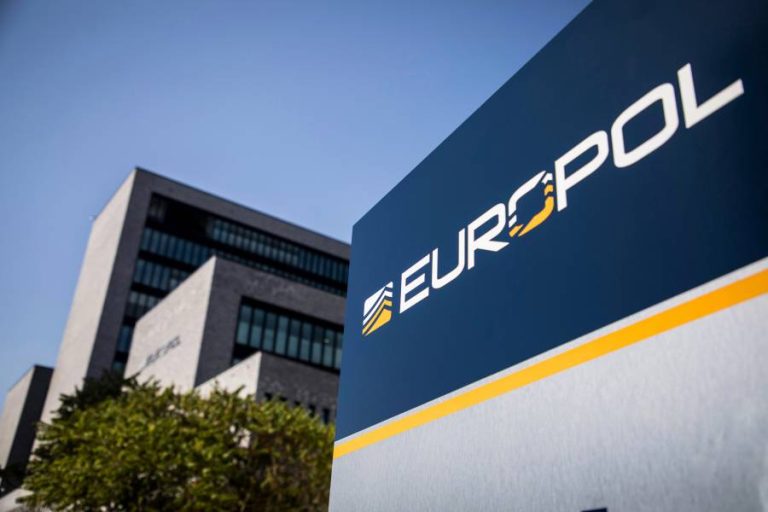
The Catalan National Assembly has forwarded a letter to the director of Europol, the European Union Agency for Law Enforcement Cooperation, to express the concerns of our organisation regarding the EU body’s Terrorism Situation and Trend Report, which qualifies the Catalan pro-independence movement as terrorist.
The president of the Catalan National Assembly Dolors Feliu has sent a letter to Catherine De Bolle, executive director of Europol, the EU institution that included the Basque and Catalan independence movements in its 2023 report on the state of terrorism in Europe(TE-SAT 2023) published last month. Feliu has conveyed the organization’s rejection of the information published and has asked for the withdrawal of the criminalizing content regarding the Catalan independence movement.
In the section “Ethno-nationalist and separatist” terrorism, the report indicates that “in Spain, the Catalan and Basque independence movements are currently the most active and violent within the Spanish separatist scene”. It also points out in a section dedicated to left-wing and anarchist terrorism that in the Basque Country and Catalonia there is an “overlap between left-wing extremists and separatists”, especially “in terms of motivations of attacks”.
In her letter, Dolors Feliu highlights the non-violent nature of the contemporary Catalan independence movement, which defends “the right to self-determination of Catalonia exclusively through democratic means and initiatives that are included within the scope of the rights to freedom of assembly, freedom of expression, and political participation”.
Several international bodies and non-profit organizations have pointed out the non-violent, pacifist and democratic qualities of the Catalan pro-independence movement. In June 2021, the Parliamentary Assembly of the Council of Europe passed a resolution regarding the repression by the Spanish authorities of the Catalan pro-independence movement, in which it was stated that “It is undisputed that none of the politicians in question called for violence. To the contrary, it is recognised, also by the prosecution, that they called on demonstrators to refrain from any violent acts.”
As noted in the President of Assemblea’s letter, the tendency of the Spanish state to use terrorism to delegitimize, silence and persecute democratic political dissent is truly concerning. Already in 2018, Amnesty International denounced that the Spanish authorities were using anti-terrorist laws to restrict freedom of expression, a fact that has a chilling effect on civil society and poses a threat to the exercise of fundamental rights. Other international organizations such as Fair Trials and EuroMed Rights have also warned of this drift and the risks it implies for democracy.
According to Europol’s Deputy Executive Director, Jean-Philippe Lecouffe, the European agency “verifies the veracity” of the data that European governments provide them before publishing it in the report. For this reason, Assemblea has asked for explanations on what mechanisms and procedures have been used to corroborate these accusations, and which have apparently taken for granted the information provided by the Spanish authorities that qualifies the Catalan pro-independence movement as violent. As the letter points out, for a European agency like Europol to include the Catalan independence movement in a report on terrorist threats can have harmful criminalizing effects. This poses a serious threat to democracy and endangers the rights to freedom of expression and to peaceful assembly and association, undermining Article 21 of the Charter of Fundamental Rights of the European Union which prohibits discrimination on grounds of membership of a national minority and political opinion.
As the largest and most representative civil organization defending Catalonia’s independence, the Catalan National Assembly is directly affected by the criminalizing content published in the Europol report. For this reason, the organization has requested access to the information provided by the Spanish authorities that supposedly connects the Catalan pro-independence movement with terrorism and has called for the removal of this information from the report.